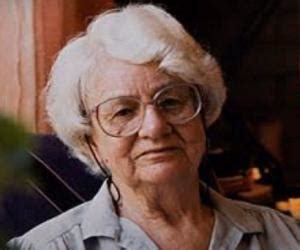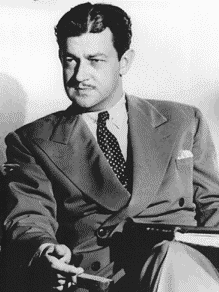A Quote by Mortimer Adler
If one wants another only for some self-satisfaction, usually in the form of sensual pleasure, that wrong desire takes the form of lust rather than love.
Related Quotes
Lust is as it were desire and desire, will which extends beyond the natural will, passionate, not governed by the law and moderation. There are thus many forms of lust, like the many forms of sin ... Lust does not approach the soul in the form of a warlike enemy, but in the form of a friend or a pleasant servant. It suggests some sort of pleasure or illusory good. But this is only a trick by which the malicious angler strives to lead astray and catch the poor soul. Remember this when you are tempted by lust.
We modern egalitarians are tempted to the primal sin of pride in the opposite way from the ancients. The old, aristocratic form of pride was the desire to be better than others. The new, democratic form is the desire not to have anyone better than yourself. It is just as spiritually deadly and does not even carry with it the false pleasure of gloating superiority.
To be an actor is to be ambiguous in every form, which is a very hard way to live. You represent desire: the desire of the director and the desire of the audience, even if it's a subconscious desire. If a director is to work with you for two months, he must be in love with you in some way or another.
Love makes us instinctively reach out to God and other people. Lust, on the other hand, is anything but godly and celebrates self-indulgence. Love comes with open hands and open heart; lust comes with only an open appetite. These are just some of the reasons that prostituting the true meaning of love-either with imagination or another person-is so destructive. It destroys that which is second only to our faith in God-namely, faith in those we love. It shakes the pillars of trust upon which present-or future-love is built, and it takes a long time to rebuild that trust when it is lost.
If the denial of death is self-hatred, as it is to deny our freedom and live in fear of death (which is to say, to live in a form of bondage), then the acceptance and affirmation of death is indeed a form of self-love. But I'd want to make a distinction between a form of self-love which is essential to what it means to be human, and a narcissism of self-regard, like Rousseau's distinction between amour de soi and amour propre, self-love and pride.
We live in a very mollycoddled society where the slightest bit of discomfort is seen as wrong, but that discomfort is there for a reason. It's supposed to trigger some form of action, some form of change, a realization of a truth - something, and I think the self-help world has you believing that you should be happy all the time.
In architecture, to do anything beyond object form is often treated as something extra-disciplinary - something outside the discipline that has nothing to do with art. So I'm making it clear that this is an artistic choice. It's not everyone's artistic choice. Some people should choose only to make object form because that's what gives them pleasure. But there are people for whom aesthetic pleasure comes from doing something else, and why would you deny that choice? It's another autonomous choice.








































